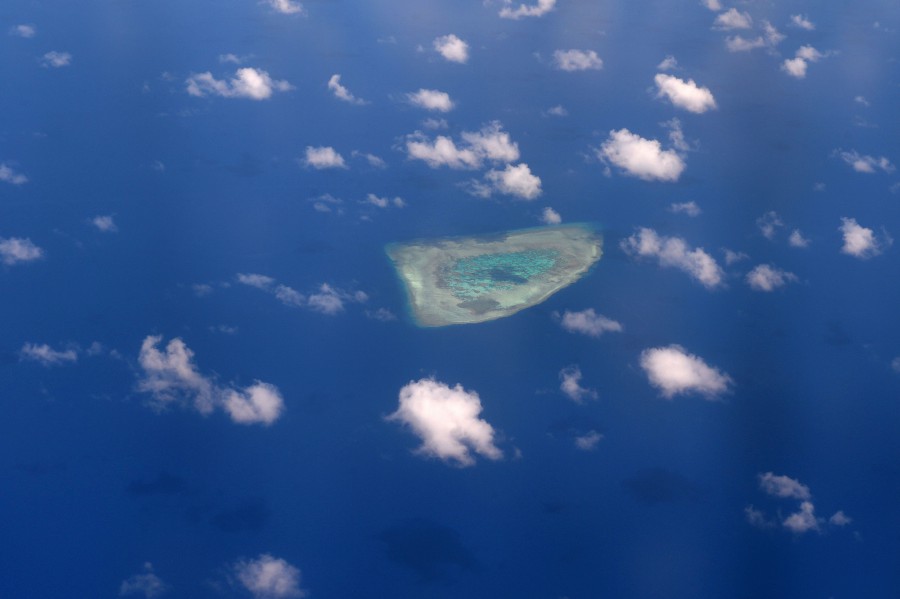NST Leader: Troubled waters
https://www.nst.com.my/opinion/leaders/2020/07/609514/nst-leader-troubled-waters

JAMES E. Fanell, a retired naval intelligence officer specialising in Indo-Asia Pacific security affairs, with a keen eye on the Chinese navy and its operations, says the United States and China will go to war in 30 years.
He may be wrong. It may be much sooner. The South China Sea may be the reason. Malaysia is right. Both have to cool it, before the unintended happens. Or is it intended? Let’s hope not.
Consider China. The Middle Kingdom claims the South China Sea. Well, almost all of it. If it is because the sea carries the name of China, it is not wrong to term the claim preposterous. There are countless bodies of water around the world carrying some countries’ names. They cannot all keep the seas to themselves on this basis alone.
The United Nations Convention on the Law of the Sea (UNCLOS) 1982 needs more. China’s claim starts with some dash lines, first 11 and now nine. And they eat into other regional nations’ body of water. Five countries, including Malaysia, rightfully dispute them. The UNCLOS supports the claims of the five.
This became clear when the Permanent Court of Arbitration in the Hague ruled on July 12, 2016, that China’s nine-dash line displayed on a 1947 map had “no legal basis” as it was in contravention to the legal provisions laid down in the UNCLOS.
Six days after the ruling, Time magazine quoted China’s naval chief Wu Shengli telling the visiting American chief of naval operations that “Beijing would not halt its controversial campaign to turn the contested South China Sea reefs it controls into artificial islands complete with military-ready airstrips”. China “will never give up halfway” on its island-building efforts, Time quoted Wu of telling Chinese state media.
This spells disaster for the littoral states. If nations cannot live by the law, the alternative is war.
If The New York Times is right, the US is on the side of the littoral states’ maritime rights. It quoted US Secretary of State Mike Pompeo as saying on July 13 that “China’s expansive maritime claims across most of the South China Sea were ‘completely unlawful'”. Pompeo was echoing the ruling of the Permanent Court of Arbitration in the Hague for a reason. Is the US taking on the mantle of the bailiff of the international court of arbitration?
he New York Times‘ reading seems to suggest so. “The statement is not explicit on US military aid, but leaves open the possibility that the US might come to the defence of nations like Vietnam, Malaysia and the Philippines if clashes erupt because of Chinese aggression.” Aggression isn’t uncommon and it comes in the shape of clashes between coastguard vessels and fishing boats. Unlike the Philippines, Malaysia and Vietnam do not have a mutual defence treaty with the US.
The US Navy’s presence in the South China Sea has one main aim: to assert its freedom-of-navigation operations. A better reading is this: it is Washington’s way of saying the South China Sea doesn’t belong to China. More recently, Australia has been sending a similar message.
As for Malaysia, Associate Professor Dr Mohd Hazmi Mohd Rusli, a senior lecturer at Universiti Sains Islam’s Faculty of Syariah and Law, has this piece of advice: act in accordance to what is allowed under international law and without fail object to any act that undermines Malaysia’s sovereignty and sovereign rights. We say the same.
